(by Joe Chelliah)
I have often wondered how only a relatively
few Brits ruled over and controlled such a vast empire on which, they had
boasted, that the sun never sets. They had employed different strategies that
best suited in differing localities all over the world and have gone down in history as the last
of the greatest empires in human civilization.
It is generally agreed that they divided and ruled which I personally am
not too comfortable with. But I will not
ramble on on this issue but merely focus on how the British managed to excel in
Malaya and make it indeed the “ gem on its crown’ without actually “ruling” the
place. I say this that the Malay rulers
were NEVER disposed, even during the Japanese occupation to a great
extent. Even the Japanese left the
Malays alone.
The British colonials were quite unlike the Portuguese and Spaniards
who also had a missionary zeal to spread Christianity on their agenda worldwide. The
football countries of South America and The Philippines can serve as good examples.
They ae staunchly Catholic countries
today. I posit here that the British mission
was purely set on trade. Only the Dutch can come as a close second as both came
here as mercantile companies – The Dutch East India Company (VOC) and the
British East India Company (EIC). Since
its creation in 1600 by The Royal Charter granted by Queen Elizabeth I, the
influence of The East India Company has been well documented. Without the
EIC our world would not be as it is today.
The early colonials saw great potential in the fertile plains
and undulating hills in Malay Peninsula. They acquired Penang and Singapore
quite easily be helping the Malay rulers fend off the Siamese besides helping
their preferred candidates to ascend thrones claimed by disputing
brothers,
uncles and cousins. Melaka was taken
over through negotiations with the Dutch through the Anglo-Dutch Treaty of 1824
which effectively divided the Malay Archipelago into the English and Dutch
spheres of influence among themselves. What
was under the British is what we know as Malaysia and Brunei today with
Indonesia being wholly “owned” by the Dutch. This treaty also effectively kept
the Spanish out of the Malay a archipelago who then centered their mission and
activity in only the Philippines which is predominantly Catholic today.
It is my take that the British managed to rule Malaya well
until 1957 by understanding the local Malay psyche very well. They had studied the Malays well and knew
their strengths and more so their weaknesses.
They knew that their “nature’s gentleman” (that is what they had termed
the Malay) could be the best of friends and the worst of enemies. Leave them
alone and they leave you alone – almost a hornets’ nest story. There were
essentially four things that they knew that would upset the indigenous Malays
terribly. So they very cleverly steered
off the four “taboos” and worked around them which I can identify – leave the
Malay sultans, Islam, the Malay language and Malay local customs alone. Simple as that.
Malays have a strange symbiotic relationship with the Malay rulers. The word feudalism has actually been an alien thing to Malays. Till today, no Malay worth his salt will allow anyone to insult
his sultan. Not quite unlike Siam and Japan, the Malays
have a very strong love and loyalty to their respective rulers and since a long
time ago. Even British monarchs were
“merely” referred to as His or Her Majesty but in Malay, check this out, the
Malaysian king is referred to as Duli Yang Maha Mulia Seri Paduka Baginda Yang
Di Pertuan Agung. The early sultans had had all sorts of problems with pirates,
tax collection and rival claimants to the throne besides the Chinese secret
societies menace all of which they found cumbersome and hard to manage. With British help all these problems were
sorted out quite easily. Further, the
British “placated” the Malay rulers with generous pensions, built stately stone
mansions to replace wooden palaces, taught them “social graces” of the British
including dressing, regalia, polo and horse riding and brought them to see even
distant England. The Johor royalty is
the Malays have a strange symbiotic relationship with the Malay rulers. The word feudalism has actually been an alien thing to Malays. Till today, no Malay worth his salt will allow anyone to insult
best example of this influence to date. Thus you take care of the sultans and you are afforded a free hand to literally do what you want with the land. Malay rebellions against the British have been quite insignificant in the overall scheme of things. When the British tried to curb the powers of the sultan or even dispose them through their proposal for a Malayan Union after WW II the whole Malay race was in the streets in nationwide protests which immediately halted any such British design. This was then replaced with the Federated Malay states in which position of the sultans remained intact. As I had mentioned, do not play with a hornets’ nest is and was the order of the day. Today, such a thing is even unlawful to bring up even in Parliament.
Second, Islam has always been the religion of the Malays since the 15th century. Even though Hinduism had left an indelible mark on Malay culture and remains strongly embedded in it, Islam
Thirdly, I am reminded of the Malay saying “Biar mati anak,
jangan mati adat”. The British
understood this very well and left the Malays and their customs too alone and
conveniently put it under the control of the respective Malay sultans. The “adat perpatih” practiced in Negeri
Sembilan is one that even contradicts Islam especially in matters related to hereditary
inheritance. It is a matriarchal society
in which only women can own traditional Malay land
and property which is again
something that British had gazetted. The
British, in this way, also protected the Malay ownership of such land from
falling into the hands of the migrants.
These laws are in place even till today.
Thus the British stayed clearly off in matters of Malay “adat” (customs)
too which again helped them to rule this country quite freely.Fourthly, the Malay language too was left alone by the British. Till today, even the most educated Malay is quite happy and proud to speak Malay. Even if linguists may say that it is an under-developed language and tends to borrow heavily from Sanskrit and English the Malay continues to be proud of his language. Thus Malays had always had their own schools albeit in huts / pondoks or ramshackle placesto teach Malay and Jawi ( the original written form of Malay).
When the British left they did not completely forget the large
almost 50% non-Malay communities that had contributed towards the British
coffers too. As such full citizenship
for non-Malays born after Merdeka was enshrined in the Malayan constitution
with an allowance for naturalized citizenship too for those born before 1957
……… and also for those who, though born elsewhere, could apply for citizenship
after staying in Malaya for a certain period of time. Those born in the Straits
Settlements even before 1957 were considered British citizens with automatic
Malayan citizenship. The other provisions for the non-Malays (or seen as
concessions today) were and they include included the right to profess
non-Islamic religions and the right to study the respective mother tongues of
the Indians and the Chinese. All these
were agreed upon by representatives of the Malays, Chinese an Indians whom the
British recognized and negotiated with before granting independence. In return the Malays were to enjoy certain
special privileges that included Islam being the official religion of Malaya
and the Malay language to be made the national language. All such provisions are now referred to as
the “social contract” although that word is a more recently coined word.
 It would be good for all Malaysians to know of these things
which I consider the basic foundations on which the nation stands today.
………including the “social contract” which have helped Malaya, and later
Malaysia, to grow and prosper with peace and stability even till now. When these provisions are questioned by
anybody the boat gets rocked which can result in much civil commotion and
social disorder that we can ill afford. I hope for a more united and peaceful Malaysia.
It would be good for all Malaysians to know of these things
which I consider the basic foundations on which the nation stands today.
………including the “social contract” which have helped Malaya, and later
Malaysia, to grow and prosper with peace and stability even till now. When these provisions are questioned by
anybody the boat gets rocked which can result in much civil commotion and
social disorder that we can ill afford. I hope for a more united and peaceful Malaysia..jpg)
.jpg)
.jpg)



.jpg)









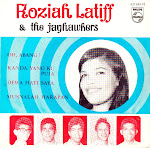








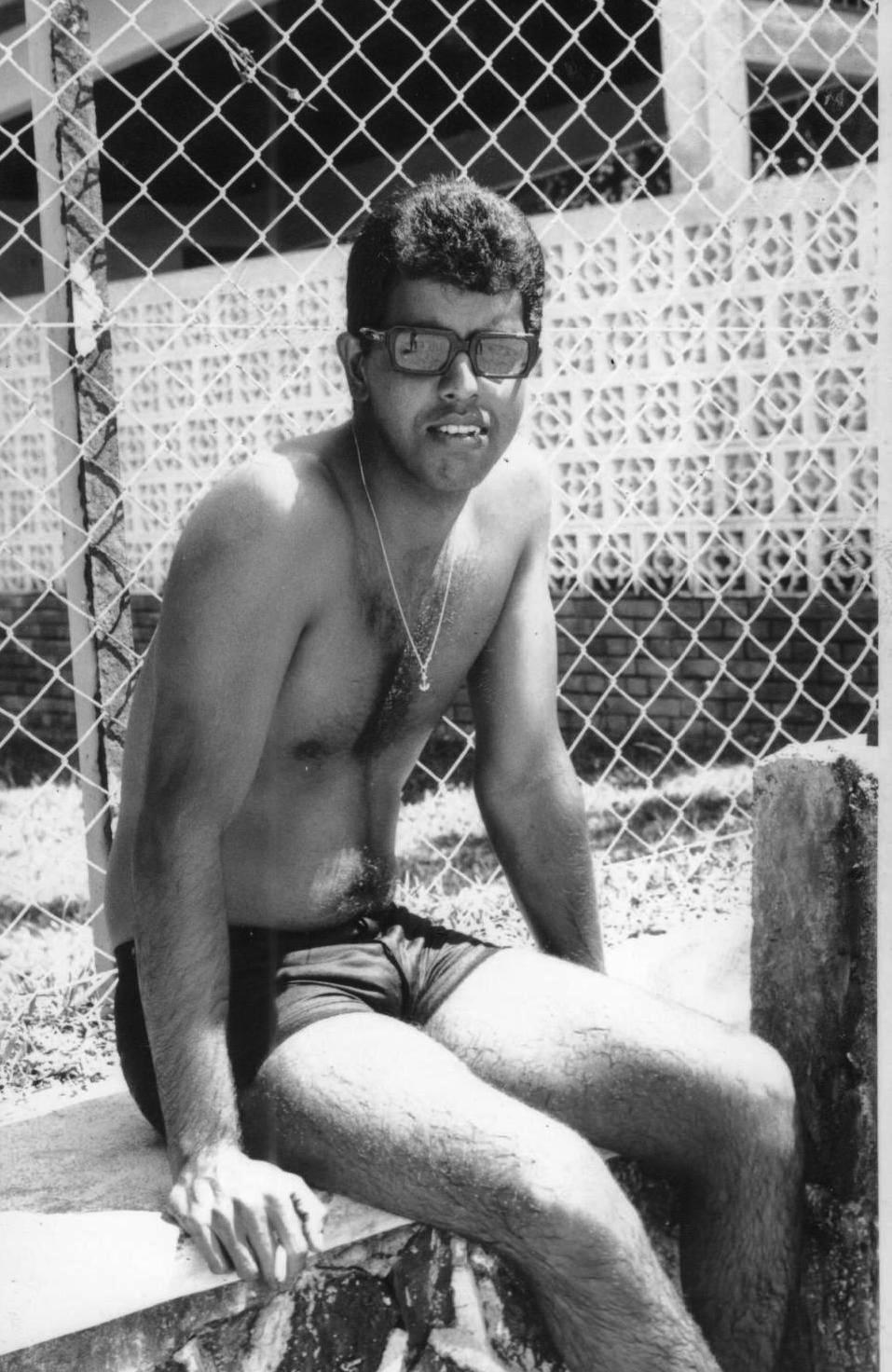




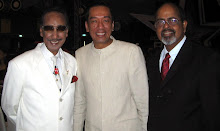

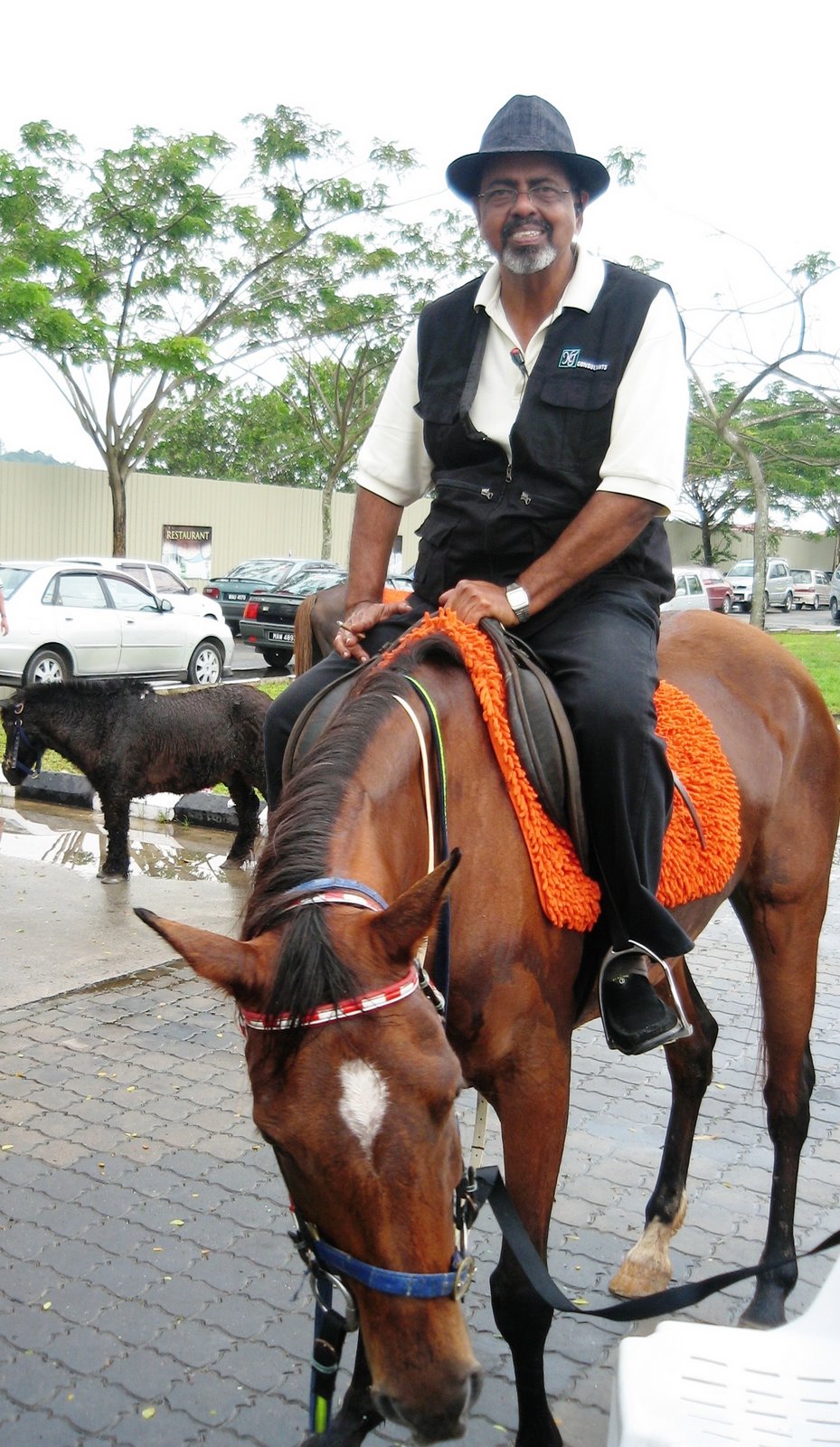













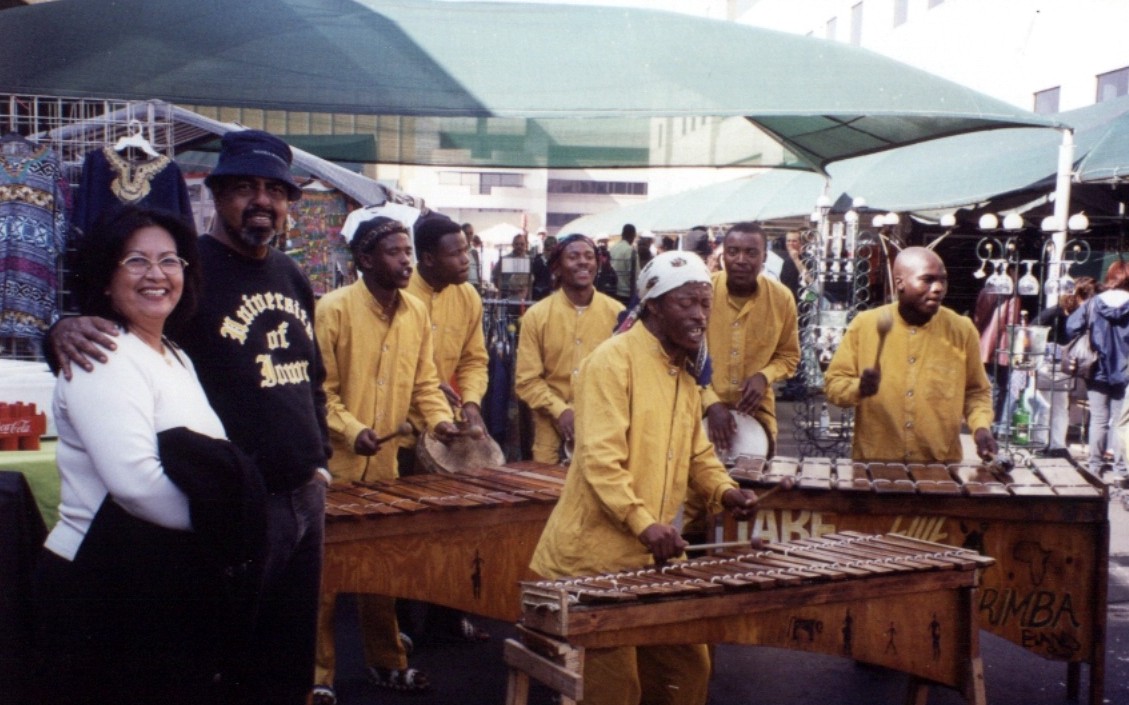

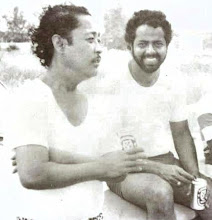
1 comment:
Very well written article. Do you have any personal opinion on sultans? Ive always found it interesting how Islam has changed so much from its inception. In fact hereditary rule was something that the Prophet Muhammad was against. Shura/democracy was the way to go.. at least back then
Post a Comment